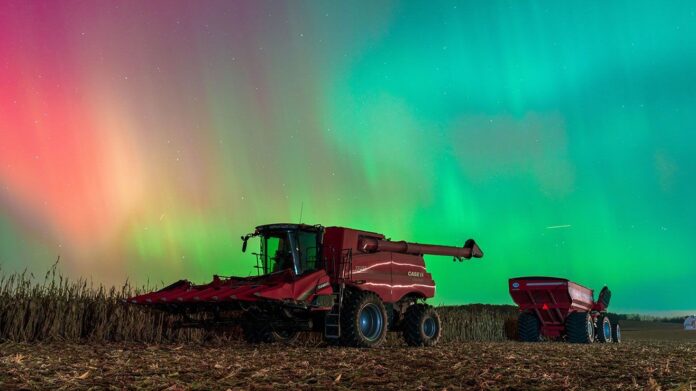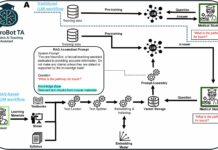This week in space news is a mix of celestial wanderers, cosmic history, and a potentially bleak but distant future. Astronomers have been tracking two intriguing comets – the once-mysterious interstellar visitor 3I/ATLAS and newcomer C/2025 V1 (Borisov), which some early observers likened to a giant “cosmic teapot.”
While 3I/ATLAS’s origins are still shrouded in cosmic dust, scientists have mostly debunked the idea that it’s an alien probe. Meanwhile, C/2025 V1 (Borisov) isn’t from interstellar space like its predecessor, but its unusual tail and high eccentricity make it a captivating object nonetheless.
Looking beyond individual celestial bodies, large-scale surveys using telescopes like Euclid and Herschel paint a more sobering picture. These powerful instruments reveal that star formation across the universe has already peaked, marking a decline in cosmic dynamism. This doesn’t mean we’re facing an immediate apocalypse – rather, it suggests the universe is gradually cooling down and transitioning to a quieter state.
Despite this potentially “quenched” future billions of years out, scientists continue to explore and study our dynamic cosmos. Whether it’s unraveling the secrets of distant comets or mapping the grand tapestry of galactic evolution, space exploration offers a constant stream of fascinating discoveries and thought-provoking questions.














































